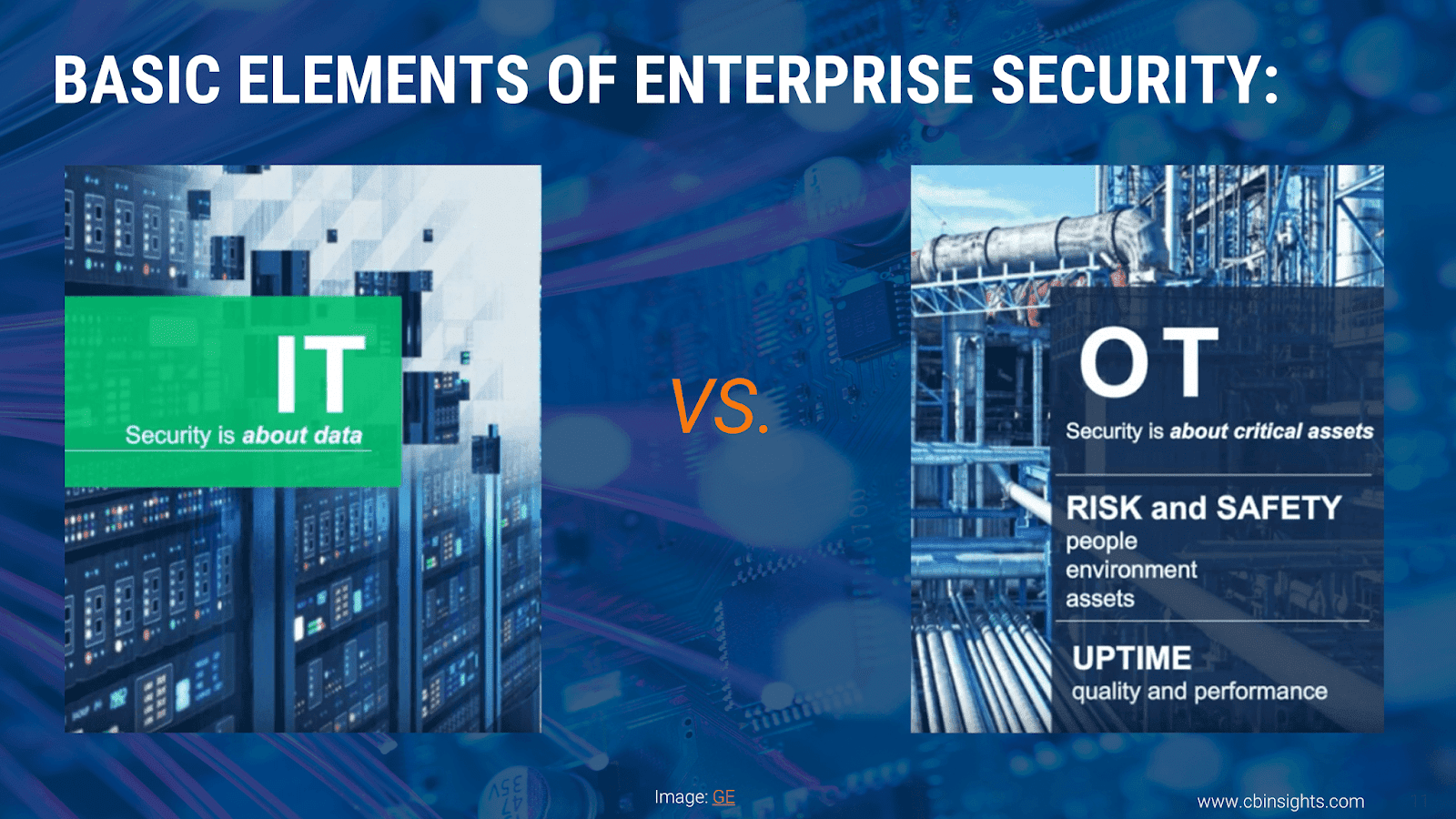Private browsing is not that private, but it can be

Private, “Incognito mode” browsing sessions are not as foolproof as most users believe them to be “After a private session terminates, the browser is supposed to remove client-side evidence that the session occurred. Unfortunately, implementations of private browsing mode still allow sensitive information to leak into persistent storage,” a group of MIT and Harvard University researchers pointed out. “Browsers use the file system or an SQLite database to temporarily store information associated with private sessions; this data is often incompletely deleted and zeroed-out when a private session terminates, allowing attackers to extract images and URLs from the session. During a private session, web page state can also be reflected from RAM into swap files and hibernation files; this state is in cleartext, and therefore easily analyzed by curious individuals who control a user’s machine after her private browsing session has ended. Simple greps for keywords ar...




